How to Bulk Purchase Skoal and Other Nicotine Products: A Practical Guide for B2B Buyers
Making large-scale purchases of smokeless nicotine products requires more than just price comparison—it demands an understanding of brand quality, manufacturing sources, supply chain logistics, and regulatory differences across markets. Using the well-known Skoal brand as a reference point, this guide breaks down how to navigate bulk procurement with clarity and efficiency.
Getting to Know Skoal and Its Product Lineup
Skoal is one of the most established names in the smokeless tobacco category, known for its consistent quality and wide range of offerings. Manufactured by U.S. Smokeless Tobacco Company, Skoal products come in various cuts (long cut, fine cut) and flavors (mint, straight, wintergreen), making them a go-to for many adult consumers. For buyers exploring wholesale opportunities, understanding the product’s positioning and customer preferences is a critical first step.
Key Considerations When Purchasing Nicotine Products in Bulk
Buying in bulk isn’t just about quantity—it’s about securing reliability and consistency. Start by identifying a trustworthy manufacturer or liquid nicotine wholesaler. Ask about their production standards, compliance certifications, batch testing practices, and after-sales support. A growing number of suppliers now allow prospective buyers to begin with small-volume or sample orders to reduce upfront risk.
For verified partners and available product lines, consider reviewing:
Procurement Channels: How China and the U.S. Differ
Sourcing nicotine products varies by region. In China, manufacturers tend to operate through direct B2B platforms and factory-level partnerships. Platforms like Alibaba can be useful for exploratory sourcing, but on-the-ground factory audits or working with a local sourcing agent are recommended for quality assurance.
In contrast, the U.S. supply chain favors direct relationships. Many domestic buyers work through industry referrals, trade shows, or distributor networks. American suppliers may offer more transparency and documentation upfront but can also come with higher unit costs due to domestic labor and regulatory factors.
Breaking Down the Cost: From Machinery to Materials
Every can of dip—whether it’s Skoal or a private label alternative—is the result of several cost inputs:
-
Equipment: Includes cutting, blending, and canning machinery; label and packaging lines.
-
Raw materials: Nicotine extract, flavor compounds, fillers, and preservation agents.
-
Production processes: Encompasses labor, quality testing, safety protocols, and logistics.
Understanding this breakdown helps when negotiating with manufacturers, especially when exploring options for custom formulations or packaging innovations.
White Label vs. OEM: Which Route Should You Take?
Both white label and OEM manufacturing offer compelling routes to market:
-
White Label: The manufacturer supplies a ready-made product that you brand as your own. It’s fast, low-risk, and ideal for quick market entry.
-
OEM (Original Equipment Manufacturer): You work with the producer to design and develop a product from the ground up, tailoring everything from formulation to packaging. This is ideal for building a proprietary brand with long-term positioning.
Your choice depends on your go-to-market timeline, branding goals, and budget for R&D and customization.
From Sample to Shipment: Streamlining the Order Process
Once you’ve decided on your approach—white label or OEM—the ordering workflow typically follows these steps:
-
Initial contact: Discuss your requirements, expected order volume, target pricing, and timeline with the supplier.
-
Sample review: Receive product samples to assess quality and confirm product specifications.
-
Contract negotiation: Finalize order terms including MOQ, pricing tiers, packaging specs, lead time, and payment terms.
-
Bulk order placement: Confirm your first production run and arrange logistics, customs, and compliance documentation.
The key to success lies in building a transparent and responsive relationship with your supplier. Frequent communication and aligned expectations are what distinguish a transactional supplier from a long-term strategic partner.
Conclusion: Moving Forward with Confidence
For any business looking to purchase Skoal or similar nicotine products in bulk, the process becomes much smoother when guided by product knowledge, supplier due diligence, and a clear procurement strategy. Whether you choose to stock established brands or launch your own line through a white label nicotine product or OEM solution, aligning with an experienced manufacturing partner—such as Echi or verified suppliers on Snuff Factory—can significantly reduce time-to-market and operational risk.
To begin your sourcing process or explore custom product development, reach out directly via this contact form or browse the current portfolio of offerings here.

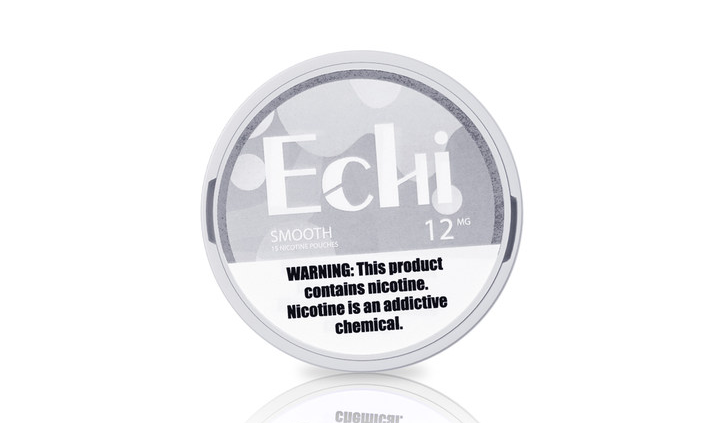
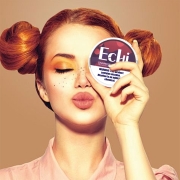
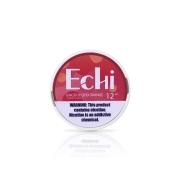
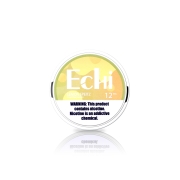

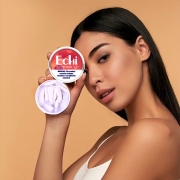


Leave a Reply
Want to join the discussion?Feel free to contribute!